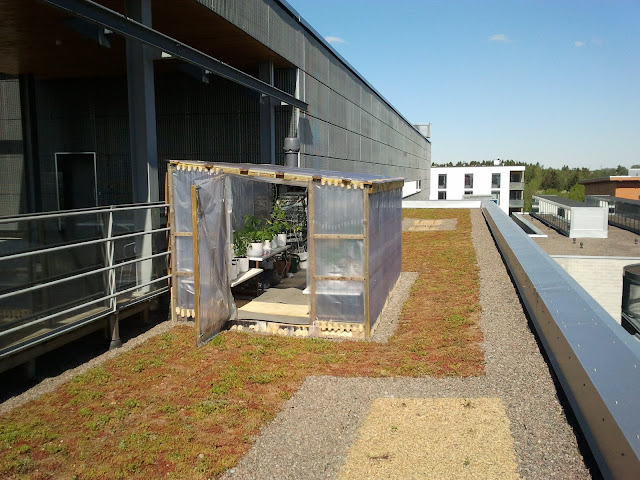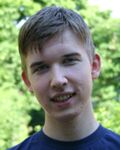Eemil Lagerspetz was awarded a grant by the Jorma Ollila fund of Nokia Foundation on November 24, 2015
Eemil Lagerspetz was awarded a grant by the Jorma Ollila fund of Nokia Foundation on November 24, 2015. Congratulations!
The fund was launched in year 2014 to support post doctoral research career development.
The title of Eemil’s post doctoral research is “Mind The Gap: Combining Trajectory Datasets for a Holistic Picture of Human Mobility” and the research will be carried out at the Hong Kong University of Science and Technology (HKUST) in 2016.
Abstract:
Human mobility in an urban environment is an important topic in both academia and the transport industry, as well as a core
interest in city planning, commercial center placement, and traffic control. Recent work has shown that the aggregate urban
mobility pattern follows the Lévy walk. In particular, urban mobility consists of a mix of multiple modes of transport,
incorporating many short legs or flights, often corresponding to walking, and few long flights, typically vehicular transport.
There are many human mobility datasets available, for example NYC Open Data, and Chicago as well as Beijing City
Lab. These contain movement data of people, smartphones, vehicles, or other identifiable objects.
These datasets can be fine-grained or very coarse, ranging from accurate vehicular GPS data to point surveys filled by
travel agency customers. They also always contain holes, or gaps, where data is missing for one reason or another, for example because the device in question was turned off, there were no traffic cameras that detect license plates on a particular leg of the journey, the smartphone was unable to obtain a cellular signal, or the customer neglected to fill the survey. To mitigate the gaps and obtain a holistic picture of human mobility, this work aims to develop algorithms for filling the gaps based on learned models and external data.
interest in city planning, commercial center placement, and traffic control. Recent work has shown that the aggregate urban
mobility pattern follows the Lévy walk. In particular, urban mobility consists of a mix of multiple modes of transport,
incorporating many short legs or flights, often corresponding to walking, and few long flights, typically vehicular transport.
There are many human mobility datasets available, for example NYC Open Data, and Chicago as well as Beijing City
Lab. These contain movement data of people, smartphones, vehicles, or other identifiable objects.
These datasets can be fine-grained or very coarse, ranging from accurate vehicular GPS data to point surveys filled by
travel agency customers. They also always contain holes, or gaps, where data is missing for one reason or another, for example because the device in question was turned off, there were no traffic cameras that detect license plates on a particular leg of the journey, the smartphone was unable to obtain a cellular signal, or the customer neglected to fill the survey. To mitigate the gaps and obtain a holistic picture of human mobility, this work aims to develop algorithms for filling the gaps based on learned models and external data.
Created date
25.11.2015 - 14:22


